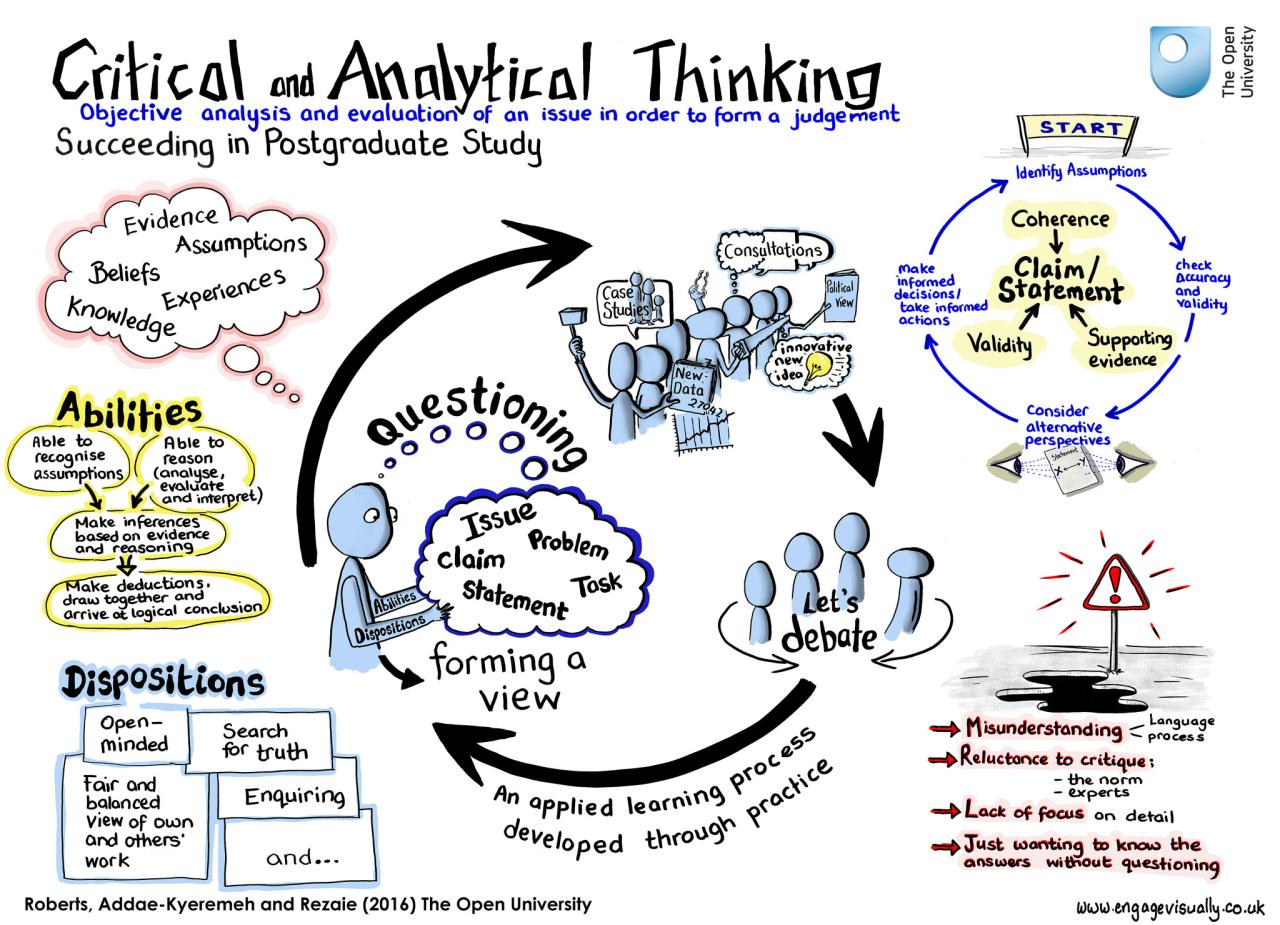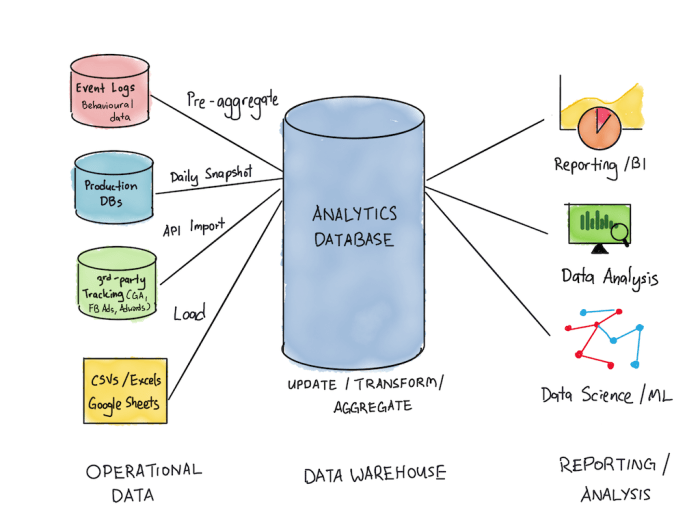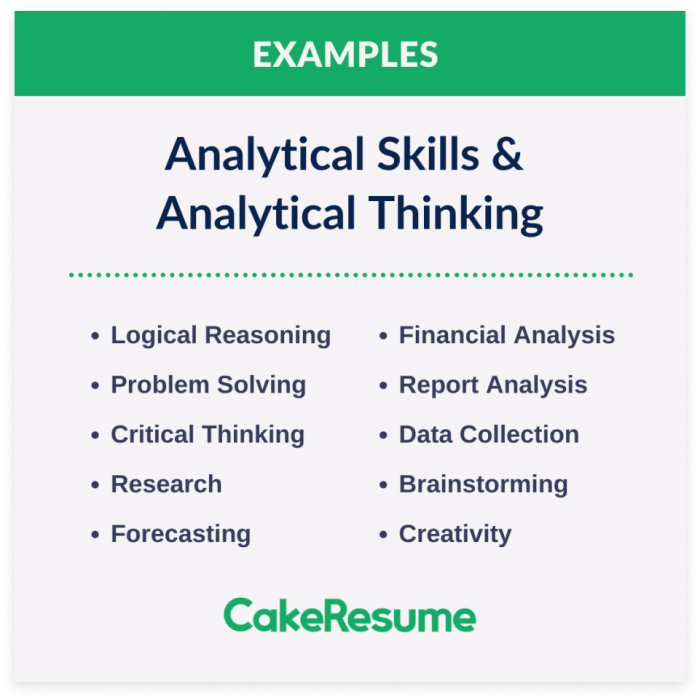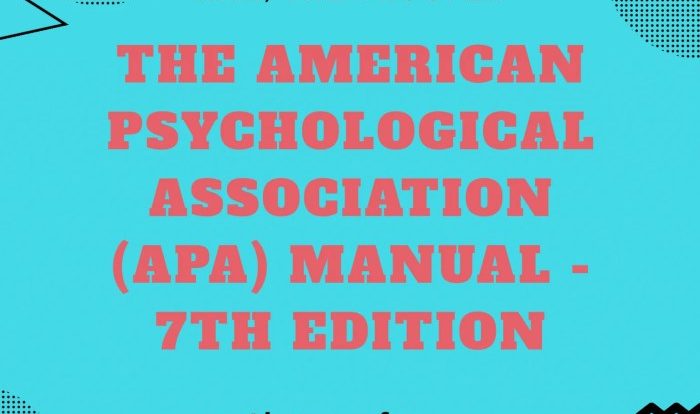You are contemplative and sanalytical by nature meaning – Individuals with a contemplative and analytical nature possess a unique blend of traits that shape their thoughts, behaviors, and decision-making processes. This article delves into the characteristics, strengths, challenges, and impact of this personality type, providing insights into the complexities of the contemplative and analytical mind.
Contemplation and analysis are intertwined aspects of this personality type, influencing everything from decision-making to creativity. By examining the interplay between these two modes of thinking, we can gain a deeper understanding of the unique strengths and potential challenges faced by individuals with a contemplative and analytical nature.
Characteristics of a Contemplative and Analytical Nature
Individuals with a contemplative and analytical nature possess a unique set of traits and behaviors that shape their approach to life and decision-making. These individuals are characterized by their deep thinking, introspective nature, and keen ability to observe and analyze information.
They tend to be highly curious and have a strong desire to understand the world around them.
Strengths and Potential Challenges
The contemplative and analytical nature brings both strengths and potential challenges. Strengths include the ability to approach problems and decisions with a thoughtful and deliberate approach, leading to well-reasoned and informed outcomes. They are also skilled at recognizing patterns and making connections, which can be valuable in problem-solving and decision-making.
However, potential challenges include a tendency towards overthinking, perfectionism, and difficulty making quick decisions in fast-paced situations.
Manifestations in Different Areas of Life
The contemplative and analytical nature manifests in various areas of life, including:
- Decision-making: They take a thoughtful and deliberate approach, considering multiple perspectives and weighing pros and cons.
- Problem-solving: They use their analytical skills to identify root causes, develop creative solutions, and anticipate potential outcomes.
- Learning: They are eager to acquire knowledge and understanding, often delving deeply into complex subjects and seeking out new perspectives.
- Communication: They tend to communicate in a thoughtful and measured manner, carefully considering their words and striving for clarity.
The Role of Introspection and Self-Reflection

Introspection and self-reflection are essential practices for individuals with a contemplative and analytical nature. These practices allow them to gain a deeper understanding of their thoughts, feelings, and motivations. Through introspection, they can identify their strengths and weaknesses, explore their values and beliefs, and make conscious choices about their actions.
Self-reflection enables them to learn from their experiences, identify areas for growth, and develop a strong sense of self-awareness.
Potential Challenges and Benefits
Engaging in regular self-reflection can present both challenges and benefits. Challenges may include facing uncomfortable truths or confronting personal biases. However, the benefits are substantial, including increased self-awareness, improved decision-making, and enhanced emotional regulation.
The Impact on Decision-Making

The contemplative and analytical nature significantly influences decision-making processes. These individuals tend to approach decisions with a thoughtful and deliberate approach, taking time to gather information, consider different perspectives, and weigh pros and cons. They often rely on logical reasoning and evidence to support their choices, striving for well-reasoned and informed outcomes.
Advantages and Disadvantages
The thoughtful approach to decision-making offers advantages such as increased accuracy, reduced impulsivity, and better anticipation of potential consequences. However, it can also lead to disadvantages such as slow decision-making in time-sensitive situations or difficulty making quick judgments based on intuition.
The Value of Observation and Pattern Recognition
Observation and pattern recognition are critical skills for individuals with a contemplative and analytical nature. They have a keen eye for details and an ability to identify patterns and connections that others may miss. This enables them to gain insights into complex situations, solve problems effectively, and make informed predictions.
Applications in Various Contexts
Observation and pattern recognition find applications in various contexts, including:
- Problem-solving: Identifying patterns and trends can help identify root causes and develop effective solutions.
- Decision-making: Recognizing patterns in data or past experiences can inform decision-making and improve outcomes.
- Prediction: Observing trends and patterns can enable individuals to make informed predictions about future events or outcomes.
The Role of Logic and Reason: You Are Contemplative And Sanalytical By Nature Meaning

Logic and reason play a significant role in the thinking process of individuals with a contemplative and analytical nature. They rely on logical reasoning to make decisions, solve problems, and support their arguments. They value objectivity, consistency, and evidence-based thinking.
Advantages and Limitations, You are contemplative and sanalytical by nature meaning
Logical reasoning offers advantages such as clarity, precision, and the ability to communicate ideas effectively. However, it can also have limitations, such as difficulty accommodating ambiguity or dealing with complex emotions that defy logical analysis.
The Relationship with Intuition and Emotion

While contemplation and analysis emphasize rational thinking, individuals with this nature can also experience intuition and emotion. Intuition provides them with sudden insights or hunches, while emotions can influence their decision-making and interpersonal interactions.
Balancing Analytical and Intuitive Sides
Balancing the analytical side with intuition and emotion is crucial for well-rounded decision-making and personal growth. Individuals can leverage their analytical skills to evaluate intuitive insights and make informed choices while acknowledging the value of emotions in understanding themselves and others.
The Influence on Creativity and Innovation
The contemplative and analytical nature can both foster and hinder creativity and innovation. On the one hand, contemplation and analysis can provide a structured approach to problem-solving, leading to innovative solutions. On the other hand, over-reliance on analysis can stifle creativity by limiting risk-taking and exploration of unconventional ideas.
FAQs
What are the key characteristics of a contemplative and analytical nature?
Individuals with a contemplative and analytical nature are often characterized by their deep thinking, tendency to reflect, and ability to analyze information critically.
How does a contemplative and analytical nature impact decision-making?
Individuals with a contemplative and analytical nature tend to approach decision-making thoughtfully and deliberately, carefully considering the pros and cons before making a choice.
What is the relationship between contemplation and analysis with intuition and emotion?
While contemplation and analysis involve logical thinking, they can also complement or conflict with intuition and emotion. Individuals with a contemplative and analytical nature often seek to balance their analytical side with their intuitive and emotional side.
